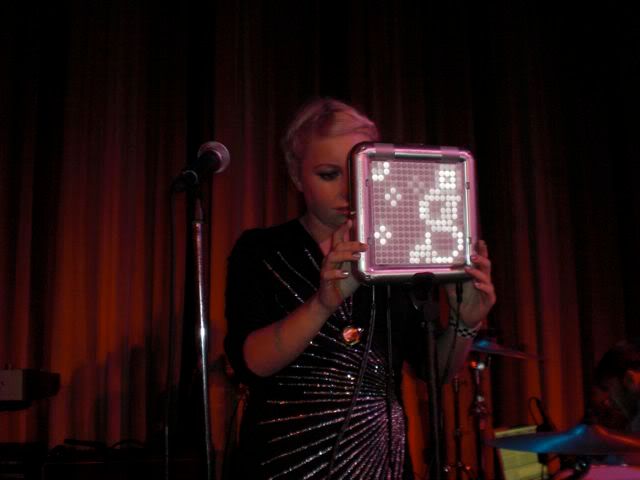Coolfer is worried about growth of album sales at the expense of singles sales:
In a perfect world (from the artist point of view) bands would sell only albums. More revenue than what they get from unbundled albums. But that’s not how the world works any longer.
Music Week has a report on a Music Tank panel titled “Lets Sell Recorded Music” in which renowned artist manager Peter Jenner lashed out at the changed brought by iTunes. The store, he said, has “had the disastrous effect on the record industry of debundling the album” and letting fans choose two singles instead of a full album.
That’s pretty much the conclusion I came to in a quick-and-dirty Excel computation of album-for-tracks substitution. Since the launch of iTunes, the loss of every additional album (beyond the rate of loss before iTunes launched) was replaced with 1.38 track downloads.
I don’t get it. Users don’t *want* to download singles.
– They don’t want to download at all. What they want is to listen. Downloading is labor.
– And they don’t want to do that labor one piece at a time — much better to download an album’s worth of songs.
– They’re not listening that much less, if at all. The number of listening hours in the day may have gone down, but not at the rate of 1.38 (song downloads now vs album downloads before)/13 (songs per album).
– And they’re not playing the same song more times. It’s not an issue of how many songs they want to listen to, it’s an issue of how many songs are able to motivate people to put up with the iTunes Music Store.
Unbundling should only hurt musicians (and record businesses) who were sneaking crappy songs into albums that contained hits, and this was always an unfair way to make money. Whatever the problem is here, it’s temporary. The market is in the process of adjusting. For now the listeners need to really really love a song for the song to move a lot of transactions at pay-per-download stores.
My best guess about what’s going on is that all the rest of the listening hours are filled with fileshared music. Maybe the deal is that paying is optional, and listeners are only choosing to do it for songs they actively love, meaning that going to the iTunes music store might be a form of tipping.

